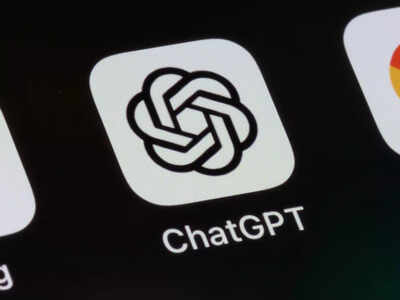ARTICLE AD BOX

OpenAI is exploring the development of consumer health applications, positioning itself to potentially succeed where tech giants like Google, Amazon, and Microsoft have repeatedly failed, according to sources close to the company cited by Business Insider.The artificial intelligence company is weighing several opportunities in the healthcare space, including creating a personal health assistant or a health data aggregator that could give consumers control over their scattered medical records. With ChatGPT attracting approximately 800 million active users weekly—many seeking medical information—OpenAI has the scale and reach that previous Big Tech healthcare ventures lacked.
Big Tech's graveyard of failed health record attempts
The personal health record has proven to be Big Tech's Achilles' heel for decades. Microsoft's HealthVault launched in 2007 but shuttered in 2019 after failing to gain traction, requiring patients to manually upload records. Google's 2008 health record project died in 2012, while Apple's iPhone Health Records feature requires hospitals to sign individual data-sharing agreements.Business Insider reports that OpenAI's recent strategic hires signal serious healthcare ambitions.
The company brought on Nate Gross, cofounder of healthtech firm Doximity, to lead healthcare strategy in June, followed by Instagram's Ashley Alexander as vice president of health products in August.
Why investors think OpenAI has the winning formula
Healthcare investors believe OpenAI's aggressive approach and conversational AI technology give it advantages predecessors didn't have. "Consumers have historically gone to Google to ask their health questions, and it's clear that they're now starting to shift those questions over to LLMs," Greg Yap, a partner at Menlo Ventures, told Business Insider.Recent federal regulations banning "information blocking" have also made it easier for companies to access patient data, while intermediaries like Health Gorilla and Particle Health now help aggregate medical records from multiple sources.If OpenAI chooses to build a personal health assistant, it will compete with Alphabet's Verily, which launched its own AI-powered health record app in October. However, some investors view OpenAI as a more serious threat than previous Big Tech entrants, given its unwavering focus and dominant position in foundational AI technology.

 1 hour ago
2
1 hour ago
2









 English (US) ·
English (US) ·